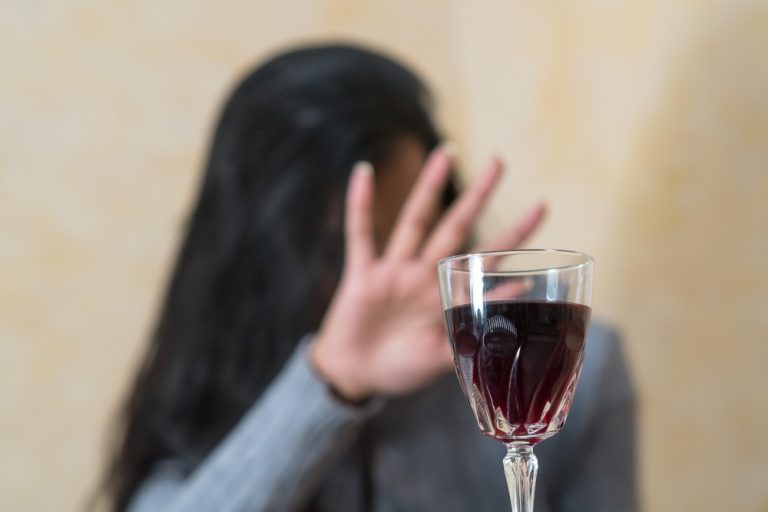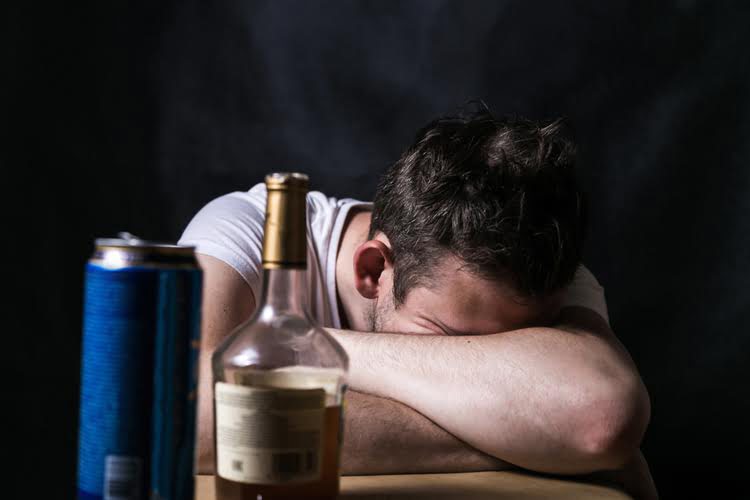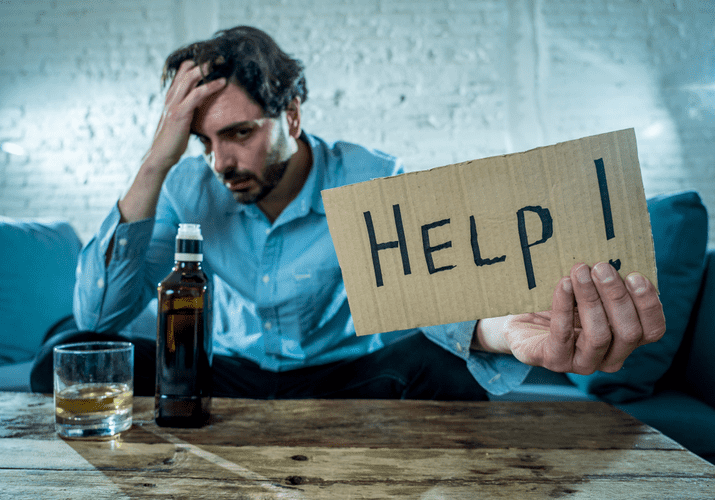Getting back on a positive path forward after relapse is possible. How a person responds to a relapse is just as, if not more, important than the relapse occurring in the first place. For http://www.konura.info/forum/index.php?topic=673.msg63015 some people, falling asleep and staying asleep will become easier with time. For others, it may require an over-the-counter or prescription sleep-aid, or a non-pharmaceutical strategy.
- While working with a sponsor is expected during the steps, the best chance of recovery comes from a combination of efforts.
- Fortunately, researchers know more than ever about how drugs affect the brain and have found treatments that can help people recover from drug addiction and lead productive lives.
- However, symptoms can appear as soon as a person misses their next opioid dose and typically follow a three-stage progression.
- Recovery involves breaking this cycle, but relapse can cause an individual to re-enter the cycle at various stages.
Lack of Family Involvement
No matter which pathway of recovery a person chooses, a common process of change underlies them all. The well-researched science of behavior change establishes that addictive behavior change, like any behavior change, is a process that starts long before there’s any visible shift in activity. Addiction impacts the brain on many levels when someone develops an addiction, the brain craves the substance as a reward.

Evidence-based addiction treatment at Discover Recovery
During these programs, you’ll engage in regular group sessions. You’ll make stronger connections with other recovering addicts and counselors. A two-month program allows you https://newlotto.ru/novosti-muzyki/9090-v-afrike-slonenka-nazvali-v-chest-tjehena-iz-bts-novosti-muzyki.html more time to readjust to normal life in a rehabilitation setting. You’ll have the chance to become more familiar with coping mechanisms before you’re on your own again.
Treatment Rates and Barriers to Treatment and Recovery

Readers widely misinterpreted his work, perhaps out of wishful thinking. Today, this myth is so widespread that https://photointerview.ru/mediki/jenergeticheskij-napitok-pljus-alkogolnyj-koktejl.html many people think it’s a fact. Employment is virtually essential for having a stable and meaningful life.
- OP can be a longer-term option, often serving as a step-down from more intensive levels of care or as ongoing support to maintain recovery over time.
- Anyone who thinks that they may have opioid use disorder should contact a doctor.
- Most drugs affect the brain’s “reward circuit,” causing euphoria as well as flooding it with the chemical messenger dopamine.
- Structural imaging techniques allow one to examine the brain’s physical, anatomical structure.
- Like treatment for other chronic diseases such as heart disease or asthma, addiction treatment is not a cure, but a way of managing the condition.
All of these factors play a role in determining the duration of drug rehab. Finding new hobbies and interests can help fill the void left by drug use. Engaging in fulfilling activities can provide a sense of purpose and satisfaction that reduces the temptation to relapse. Support groups provide a sense of community and accountability.


However, the length will vary based on the chemical and your level of dependence. Before you can work on long-term care, you must get the substance out of your system. Instead of taking things one day at a time, many people view rehab as a never-ending mountain they have to climb.

- There are coping strategies to be learned and skills to outwit cravings, and practicing them not only tames the impulse to resume substance use but also gives people pride and a positive new identity that hastens recovery.
- Developing a detailed relapse prevention plan is essential for anyone in recovery.
- This reduces the high that the person feels compared to the high they felt when first taking the drug—an effect known as tolerance.
- Another one of the most important ways to support recovery is to understand that multiple relapses over a number of years are typically part of the process.
They may know something about the person’s deepest aspirations and voice them as a reminder that can help the person remain on the road to recovery. And they can help plan healthy joint activities to ensure that there are good days. Research and clinical experience have identified a number of factors that promote recovery.

